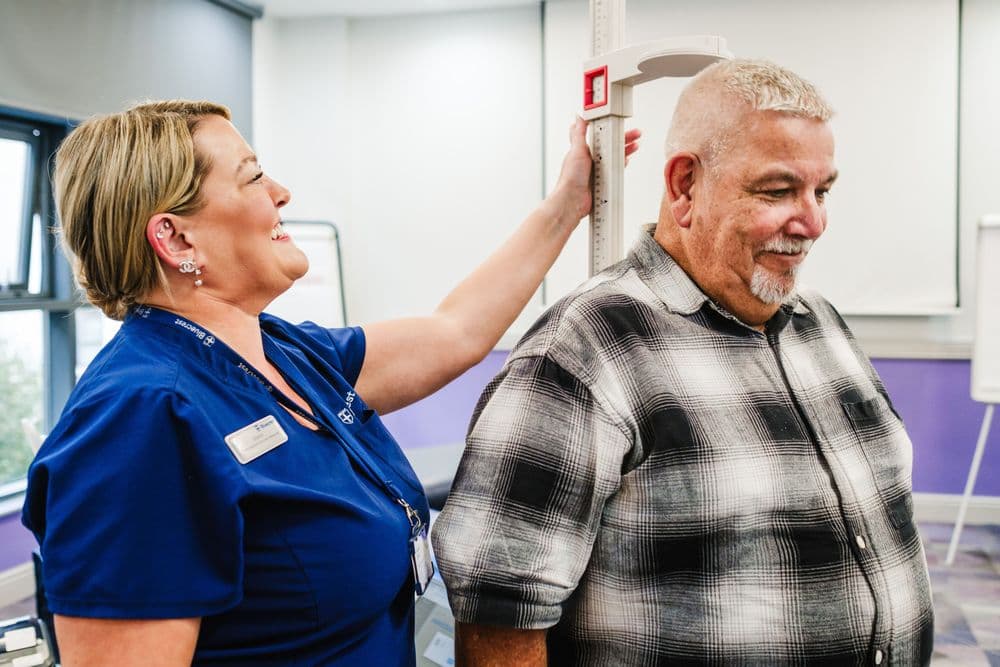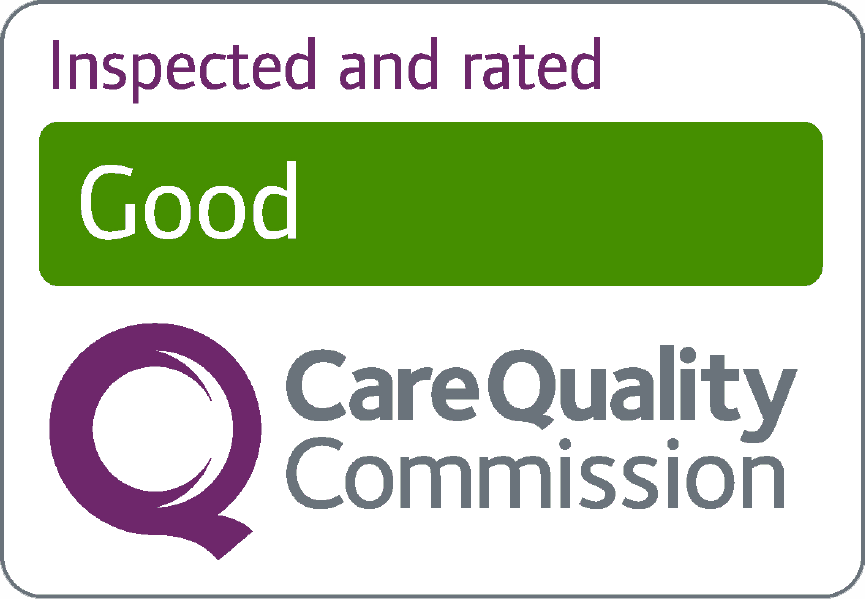
Do men go through menopause?
The term male menopause refers to the age-related reduction in testosterone men experience, typically when they reach their late 40s or early 50s. It is also known as andropause.
Although there are some similarities between the ‘male menopause’ and the menopause females experience, there are also vital differences. In this article, we explore what exactly the male menopause is, the common symptoms, how it is diagnosed, and available treatment options.
What is the male menopause?
The male menopause is a common term used to describe andropause, the natural reduction in testosterone men experience as they age.
Testosterone is a vital male sex hormone responsible for:
- The development of the male reproductive organs
- Sperm production
- Sex drive
- Deepening of the voice
- Development of facial and pubic hair during puberty
- Muscle and bone growth
- Help maintain mood and cognitive function
Although testosterone levels in men decrease gradually over time, typically, the symptoms of male menopause, such as fatigue, insomnia, mood changes, and lowered fertility, usually occur in a man’s late 40s or early 50s.
Is the male menopause real?
Yes, the male menopause relates to a drop in testosterone that can cause unwanted symptoms in males. However, unlike the menopause women experience, which is caused by a sudden change in hormone levels, male testosterone levels decline much more gradually.
How the male menopause differs from menopause
Although often referred to as the ‘male menopause’, the hormonal change men experience, and treatment options available differ significantly from women. Below, we’ve outlined key differences:
Menopause in women:
- Affects all women
- Results in a complete shutdown of reproductive function (including menstruation)
- Hormonal changes occur suddenly
Menopause in men:
- Only affects some men
- Doesn’t completely prevent reproductive function
- Testosterone levels reduce gradually over time
How do male testosterone levels change over time?
Male testosterone levels slowly start to increase from puberty and typically peak in their mid to late 20s. After this, most men experience, on average, a 1% drop in testosterone levels every year (from their 30s onwards).
For many men, this slow decline does not cause any issues, but in some, it can cause unwanted symptoms. There are also some health conditions, such as diabetes and obesity, and certain medications that can cause an earlier or more drastic decline in male testosterone levels.
Symptoms of male menopause
Male menopause symptoms can include physical, sexual and psychological problems. Common symptoms experienced, include:
- Low energy
- Depression or sadness
- Decreased motivation
- Lowered self-confidence
- Difficulty concentration
- Insomnia or difficulty sleeping
- Increased body fat
- Reduced muscle mass
- Development of breasts (gynaecomastia)
- Decreased bone density
- Erectile dysfunction
- Reduced libido
- Infertility
- Decreased testicle size
- Loss of body hair
- Hot flashes
How do lifestyle factors play a role?
Many of the symptoms of the male menopause can also be linked or caused by other health conditions, lifestyle factors or psychological problems.
For example, erectile dysfunction, low sex drive and mood swings can all be the result of psychological problems such as stress, anxiety or depression. There are also many physical and medical causes of some of these conditions, like smoking or diabetes.
A ‘midlife crisis’ when men think they have reached life’s halfway stage, can also cause similar symptoms to the male menopause. Other possible causes can include:
- A lack of sleep
- Poor diet
- Lack of exercise
- Drinking too much alcohol
- Smoking
- Low self-esteem
As many of the symptoms of male menopause can be caused by other factors, it is important to discuss your symptoms with your GP and to get your testosterone levels checked if you have any concerns.
How is the male menopause diagnosed?
The male menopause can be diagnosed with a simple testosterone blood test to check whether you have low levels.
A phlebotomist will take a blood sample from a vein in your arm using a small needle. Once the needle is inserted, a small amount of blood is collected into a test tube, which is then sent to a lab for testing.
What are the treatment options for male menopause?
Many of the symptoms of male menopause can be managed without treatment and may only require small lifestyle adjustments, such as:
- Reducing your stress levels
- Eating a healthy diet
- Getting enough sleep
- Exercising regularly
However, if you are experiencing more severe symptoms that are affecting your day-to-day life, your doctor may advise:
- Medications to help manage your symptoms – such as anti-depressants or medications to help with issues like erectile dysfunction
- Hormone replacement therapy – usually given as an injection or gel
Check your testosterone levels
If you are concerned the symptoms you have been experiencing may be related to the male menopause, get your testosterone levels checked with a private testosterone blood test. Our blood test offers a quick, easy and accurate assessment of your testosterone, giving you vital insights into your hormone health.
We offer appointments across the UK, so you can book a private testosterone blood test at a time and location to suit you. Plus, you can be confident that we will deliver fast, efficient and accurate results as we have established links with leading UK laboratories and are fully accredited for a wide range of private blood checks.


















